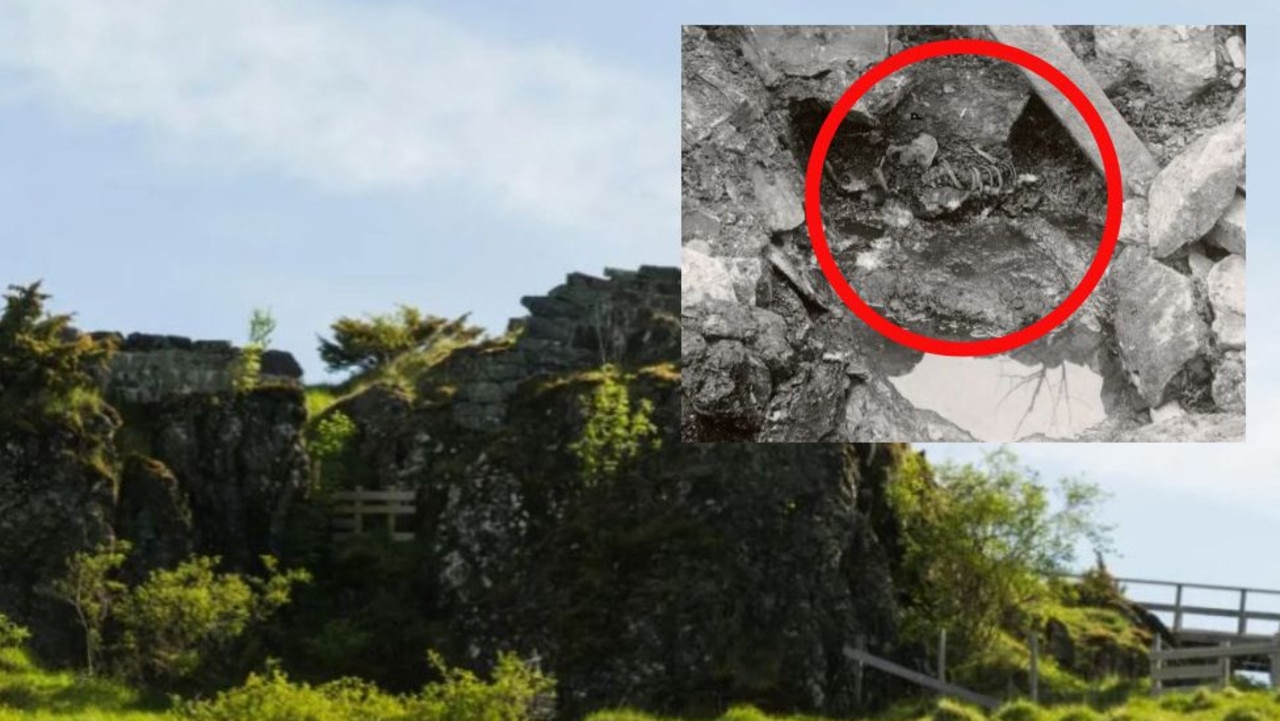Big problem as ancient site in Thailand suddenly becomes tourist hotspot
A remarkable site in Thailand has become a tourist hotspot almost overnight – and now a ban is being considered.
A sudden influx of tourists at an ancient monument in Thailand has prompted concern.
Khao Klang Nok in Si Thep, about 200km north of Bangkok, has been described by the few visitors who have posted it on social media as “a less-known archaeological site” and “low cost Machu Picchu”.
But it shot to popularity last week when the ruin and its surrounding area was named a World Heritage site on September 19 by the UN cultural agency UNESCO – making it the seventh in Thailand.
At the time, the Ministry of Foreign Affairs said it was a moment of “great pride to the Thai people” and would enhance “international awareness on the values and significance” of the site.
However, the following weekend park officials did not expect a whopping 20,000 visitors to turn up, according to local media.
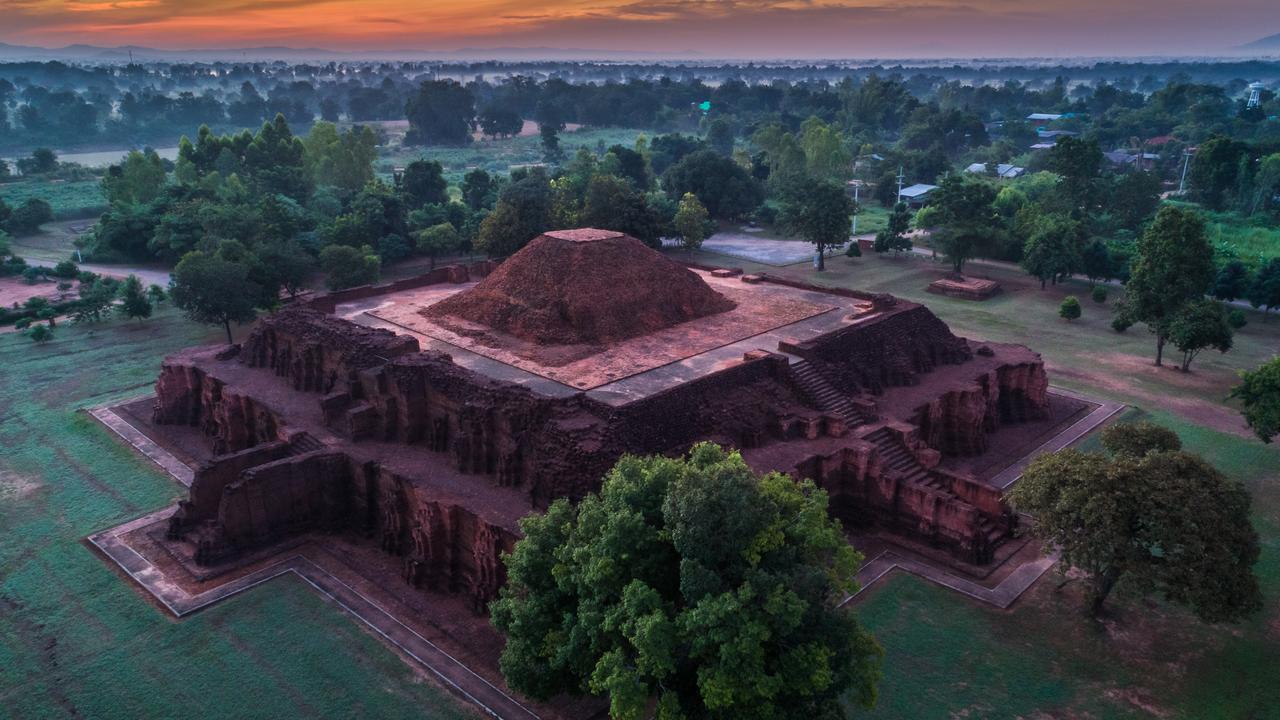
Within just one week, there was serious talk of banning tourists from climbing the ruin.
“Personally, a ban would make this ancient place more valuable,” Si Thep district chief Weerawat Wattanawongphreuk told Bangkok Post.
“Going up to the top is nothing. People just want to take pictures of the scenery. There’s not much of benefit. It is better to stay below and view this ancient place, which has been declared a World Heritage site.”
The 20-metre tall collapsed laterite stupa contains sacred Buddhist relics.
In addition to concerns about damage and it being inappropriate to climb, there are also concerns about access to public bathrooms and other facilities needed by so many tourists.
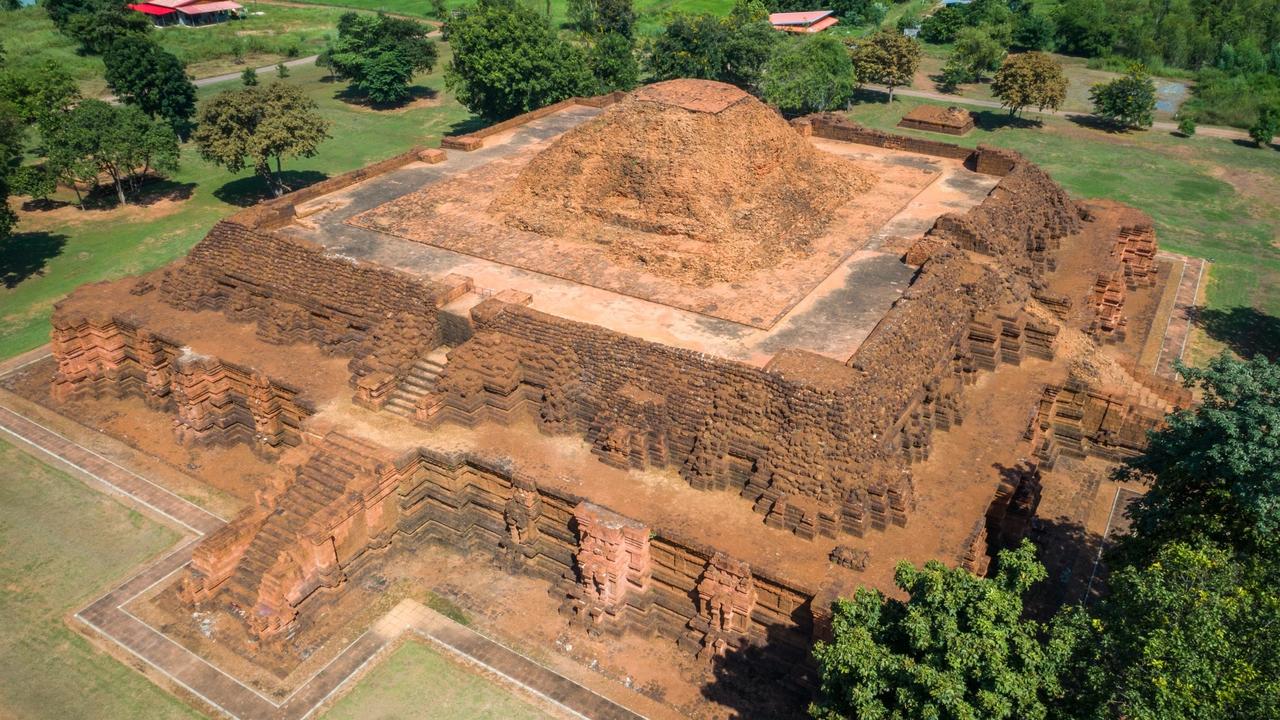
Concerns of overtourism have been especially evident this year as tourists rapidly return to hotspots across the world following the pandemic.
Over in Greece, the government introduced a new rule earlier this month capping the number of visitors to the Acropolis in Athens.
“Obviously tourism is desirable for the country, for all of us. But we must work out how excessive tourism won’t harm the monument,” Culture Minister Lina Mendoni said.
There have been protests on the Cyclades islands, dubbed the “Towel Movement” or “Beach Towel Revolt”, where locals are fighting to “reclaim” their beaches from expensive sun lounges and umbrellas marketed at tourists.
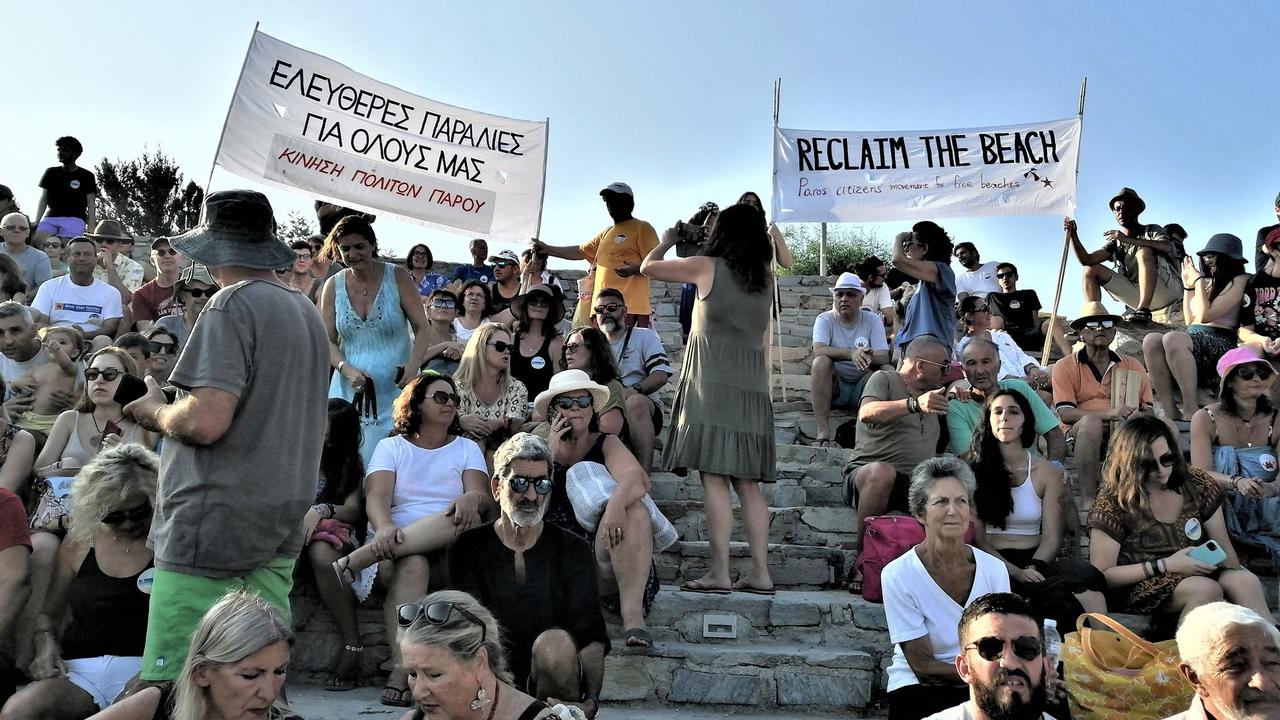
Meanwhile, a picturesque country town that is known for its stunning scenery has gone ahead and banned all influencers and tourists from visiting.
The local residents of Pomfret, Vermont, came together earlier this month to announce their bold plan to keep out the ‘annoying’ influx of travellers that stampede into the town each year.
Instead of the usual nature photographers and ‘out-of-towners’ staying at local B&B’s, Pomfret is now attracting social media stars hungry for content to share online — and locals had, had enough.
Also this month, Venice in Italy made a big call on a proposal it had been debating for years due to overtourism.
The historic centre will trial charging day-trippers 5 euro ($8) to visit from spring 2024.
The council executive backed the move just weeks after UNESCO recommended the historical city be added to its list of world heritage in danger, in part because of the impact of mass tourism.
Sara King, general manager of purpose at Melbourne-based Intrepid Travel, told news.com.au last week the break in tourism had allowed local communities to reflect on the role of tourism.
“The break in tourism has definitely allowed local residents to enjoy quieter, less crowded streets, and cleaner environments, allowing them to realise what they were missing,” she said.
“It also provided an opportunity for reflection on the role of tourism in local communities and the potential for more sustainable and responsible practices.”
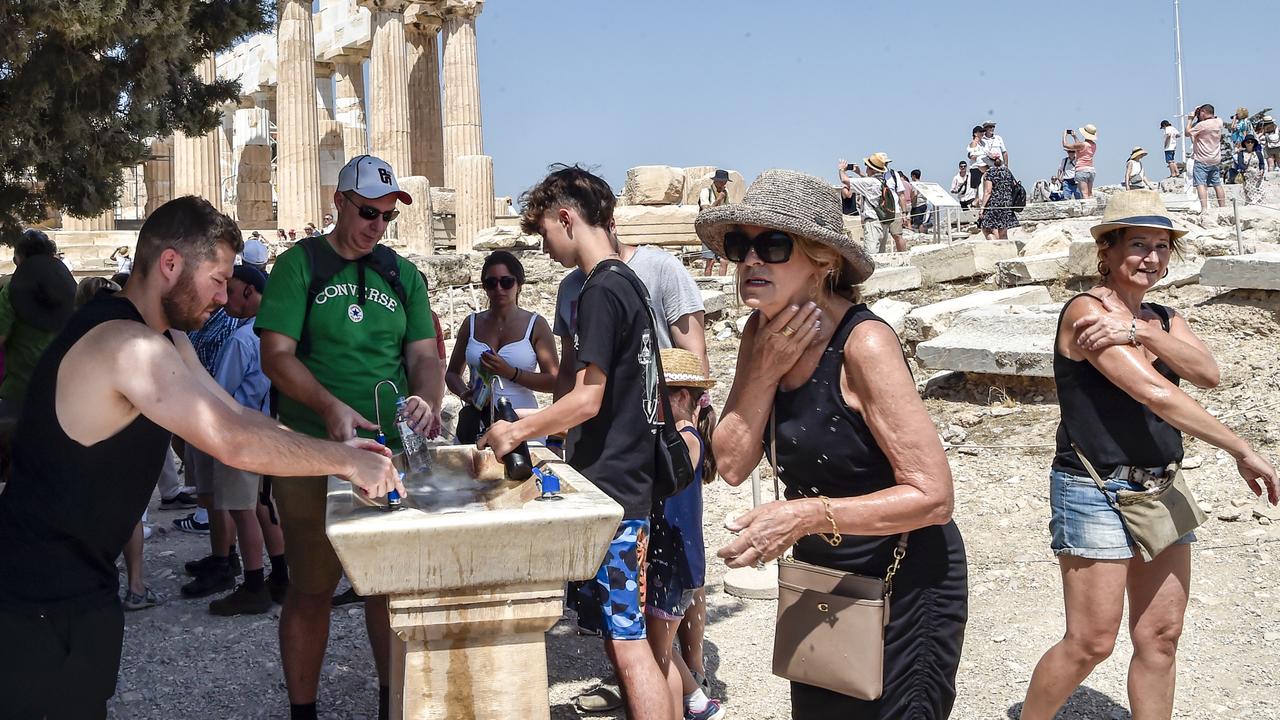
Speaking of the changes witnessed in Europe to tackle overtourism, such as introducing fees and visitor caps at hotspots, Ms King said they were examples of broader trends that we can expect to see in the future.
“These actions reflect the growing awareness of the challenges associated with mass tourism and the need for more responsible and sustainable practices,” she said.
Aussie travellers are encouraged to visit lesser-known destinations when they can.
“It’s important for tourists to acknowledge the impacts of overtourism on local communities and how they can make the most of exploring less popular locations,” Ms King said.






